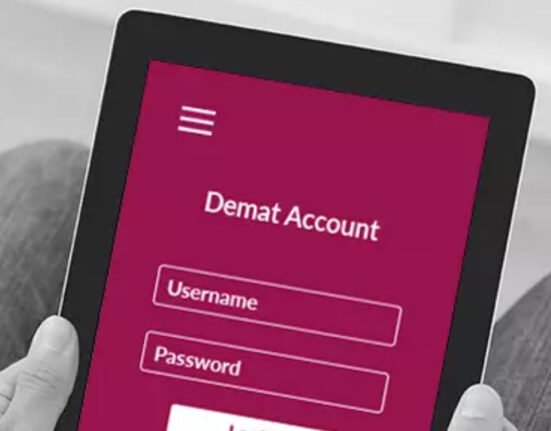Local News
Boston Mayor Michelle Wu says she wants to save homeowners money by increasing the tax burden on commercial property owners.

Boston Mayor Michelle Wu continued to publicly push for her plan to temporarily increase the city’s commercial property tax rate Tuesday, a move she says is necessary to lessen an expected increase in residential property tax bills next year.
As Wu works with lawmakers to move the stalled legislation along, the mayor sent a letter to City Council addressing proposed alternatives to the plan and arguing that they are not in the city’s best interest.
The average single-family home in Boston is facing the possibility of a 14% property tax spike year over year, according to projections released by the Wu administration last week. The quarterly tax hike for homeowners could be close to 28% in January. If the legislation passes, that year over year increase would only be around 5%, and the quarterly increase would be about 10%.
About 71% of the city’s budget is funded through property taxes. The pandemic-fueled shift to remote work has led to high office vacancy rates, reducing commercial property values and commercial tax revenues. Since residential real estate values have risen, homeowners will have to pay more in their property taxes to make up the difference.
But Wu’s plan has met stiff opposition from business and real estate groups, who say the measure would harm small businesses and worsen commercial property devaluations.
While commercial property owners would see a decrease in their taxes regardless of the legislation’s fate, the effect of Wu’s plan on that decrease could be significant. City officials said the owner of a commercial building worth $5 million would likely pay 6.7% less in fiscal year 2025 than they did in fiscal year 2024 without the legislation, and only 0.5% less with the legislation’s approval.
The plan was approved by City Council in June, and passed by the state House of Representatives in July after Wu compromised and agreed to use her executive power to make some changes down the line if the bill is eventually enacted. Now, the mayor is hoping to gain the approval of state Senators and the governor before a late November deadline.
The Boston Municipal Research Bureau, a fiscal watchdog organization, suggested one alternative. It laid out the case for implementing budget cuts to soften the potential increase in residential property taxes without increasing taxes on commercial property owners. The city also received suggestions that it use financial reserves to issue residential tax rebates, the mayor said.
The Wu administration threw cold water on these ideas in a media briefing last week, and again in the letter to City Council Tuesday. City officials say that budget cuts of about $265 million would be needed to achieve the same outcomes as the mayor’s tax proposal. Wu said cuts of that magnitude would be “extremely destabilizing” and lead to 2,231 city workers losing their jobs. The BMRB has suggested a 1%, or $46.4 million, budget cut. The city analyzed what a 1% cut would entail, and Wu laid it out in her letter.
Personnel who have not yet been hired and planned programs that have not yet been implemented would have to be targeted in order to avoid contractual disputes and layoffs, Wu said. That would mean a $20 million hit to the city’s contributions to post-employment benefits. It would mean measures including canceling Boston Police, Fire, and EMS academy classes, delaying promotional exams for police officers, withdrawing funding for youth summer jobs, pausing planned hiring in some of Boston’s largest departments, and eliminating grants for youth development, according to the letter.
“To be clear, these are all critical investments necessary to enhance access and meet community needs, and I strongly reject the assertion that these budget cuts would be a responsible action to take for Boston’s residents, businesses, or our larger economy,” Wu said in the letter. “Maintaining nation-leading standards for safety, cleanliness, and quality of life is crucial for our residents and our businesses to thrive at a time when city competitiveness especially depends on effective service delivery.”
The city also assessed the viability of using reserves to issue residential tax rebates, according to Wu. Unilaterally issuing one-time rebates or rebates meant to address particular economic circumstances would violate state law, she said.
“Furthermore, as economic indicators related to job growth, tourism, foot traffic, and new business creation continue to show growth, draining our reserves fund now would leave the City vulnerable during an actual economic downturn or fiscal emergency,” Wu said.
Reserves would be better used to provide low-cost equity for housing production through a revolving fund, the mayor said.
Last week, some councilors called for a hearing to explore the possibility of providing residential tax relief through certain surcharges, including from tourism.
The ultimate fate of the administration’ plan remains murky, but the clock is ticking. If it does not win the approval of the Senate and Gov. Maura Healey by late November, Wu has said that the city will be forced to send out bills to residents including the larger tax hikes.
Boston.com Today
Sign up to receive the latest headlines in your inbox each morning.







